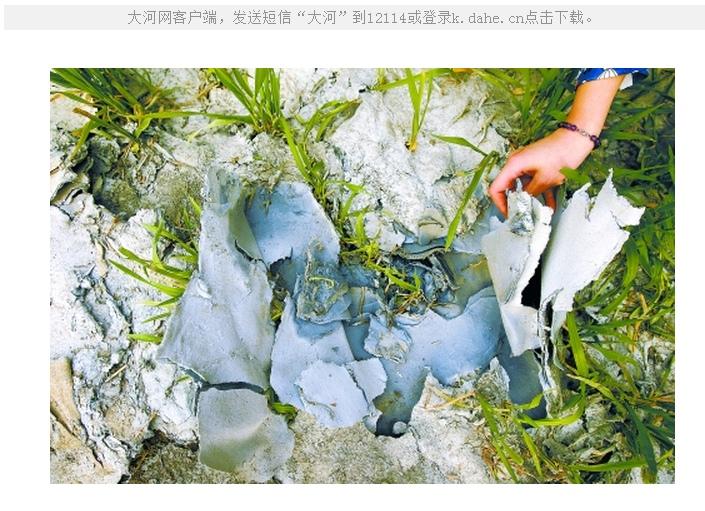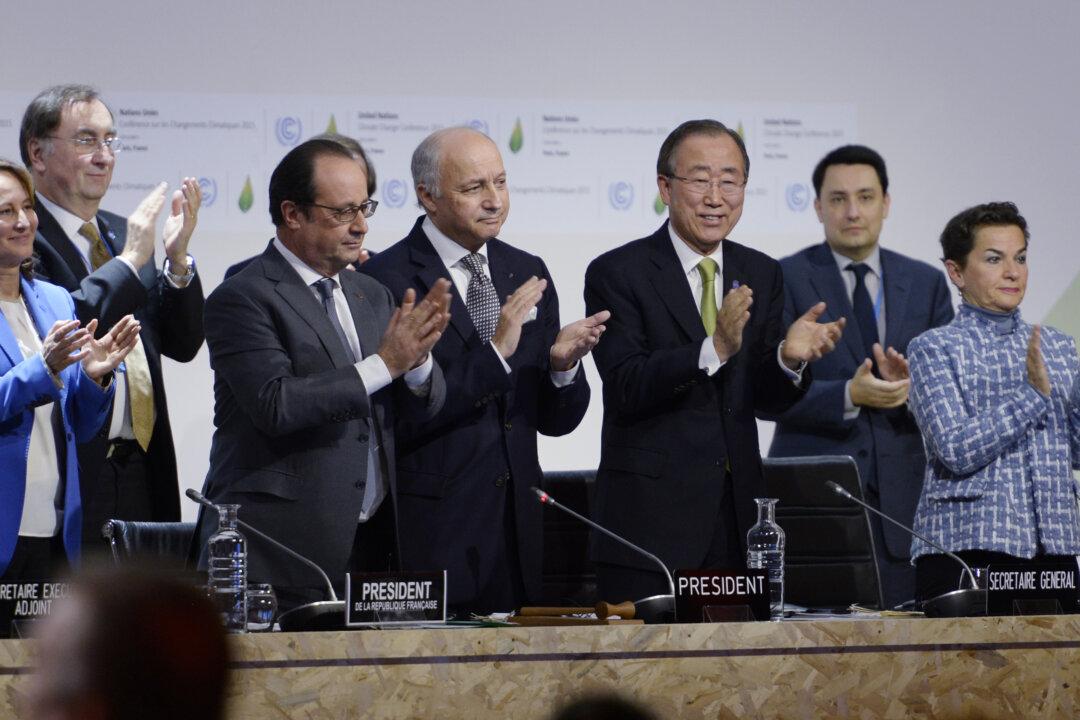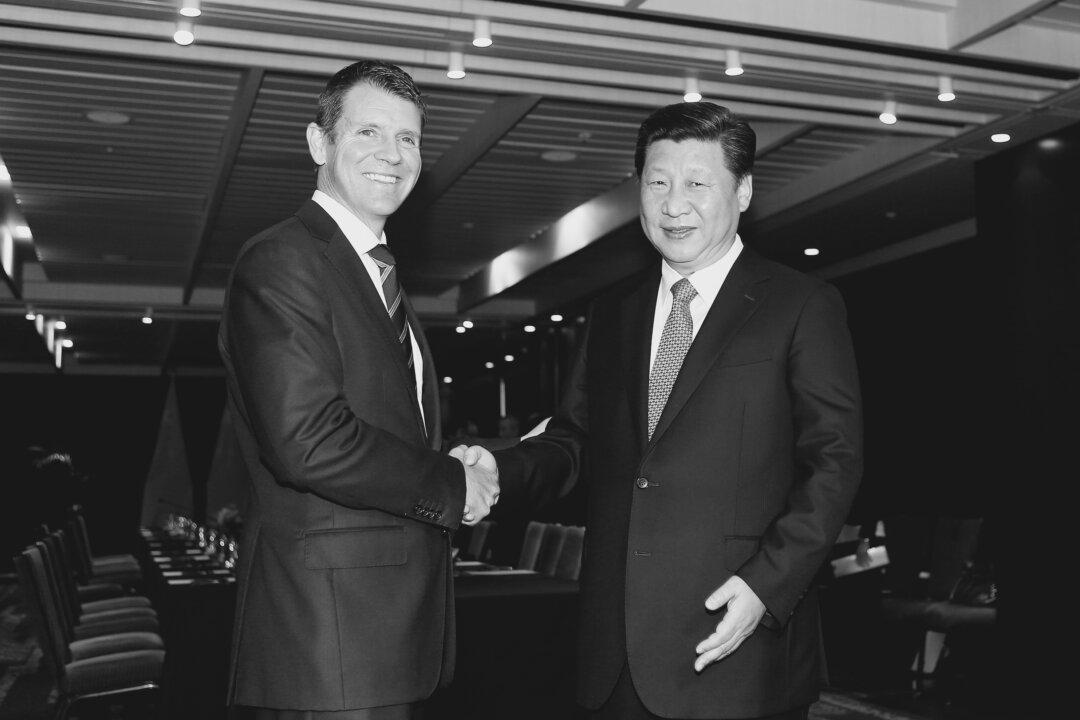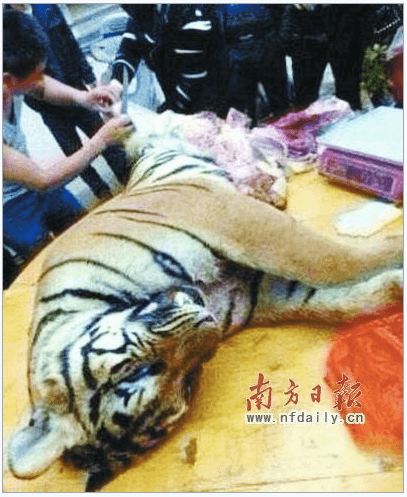Farmers in several areas of China’s Henan Province have been forced to irrigate their fields with industrial wastewater, because groundwater sources have dried up or been polluted by industry, according to state media.
The crops harvested from the polluted fields are all sold, because none of the farmers dare to eat their own produce, according to locals.
A report by Chinese state-run media Dahe described the wastewater discharged by Dongfeng Papermaking Co. in Dakuai Township, Fengquan District of Xinxiang City, as “gray and sticky.” A 200-meter-long open trench takes the water directly into nearby farmlands for irrigation without prior treatment, and a thick layer of pulp has settled on the surface of fields, it said.
Pan Kangping, manager of the Dongfeng paper mill, was quoted as saying that the village committee had signed an agreement with them, allowing the use of papermaking wastewater for agricultural irrigation.
Mr. Zhang, a local villager, told Dahe that the farmlands used to be irrigated by water taken from a well about 20 to 30 meters deep. After the papermaking mill was built, it drilled four wells up to 100 meters deep to pump groundwater for manufacturing. The farmers, however, were deprived of irrigation water as the previous wells were drained.
Villagers then approached the village committee and the paper mill to reach a settlement, Zhang said. The paper mill said that villagers could either buy groundwater pumped from the deep wells or use the post-treatment wastewater from the paper mill.
Villagers felt their interests had been violated, and they refused to buy water from the mill.
But they couldn’t wait and let the wheat seedlings dry up, Zhang said, and without a better alternative, all that they could do was to use the wastewater, as it came without a charge.
“We sold all of the harvest to the market. We don’t dare to keep any of it for our own consumption,” Zhang admitted.
Similar situations exist across Henan province, according to the article. There are a number of wig making factories in Wocheng Township of Linying County, which is under the jurisdiction of Tahe City. The manufacturing process of wigs involves acid and alkaline treatments, and this generates a lot of wastewater that is supposed to be treated before being discharged from the plant.
Qianyao Enterprise Co. is one of the wig plants. Its manufacturing facilities sit among villager’s residences. Behind the facilities, adjacent to vast wheat fields, is a big pit used for temporary wastewater storage. Mounds of scrapped wigs pile up around the pit, emitting putrid odors.
Villagers said that Qianyao has been in operation for many years. The local well water for drinking and the underground water for irrigation are all polluted, and farmers dare not eat the crops they grow.
Growing environmental awareness and the willingness of people to voice their concern, have led the communist party to worry about more protests and social instability.
Recently, Chinese netizens, state media, and even delegates at the National Congress, expressed their outrage when China’s environmental ministry told attorney Dong Zhengwei he couldn’t have access to two-year old data about soil pollution because it was a “state secret,” Reuters said in a March 10 report.
Read the original Chinese article.




